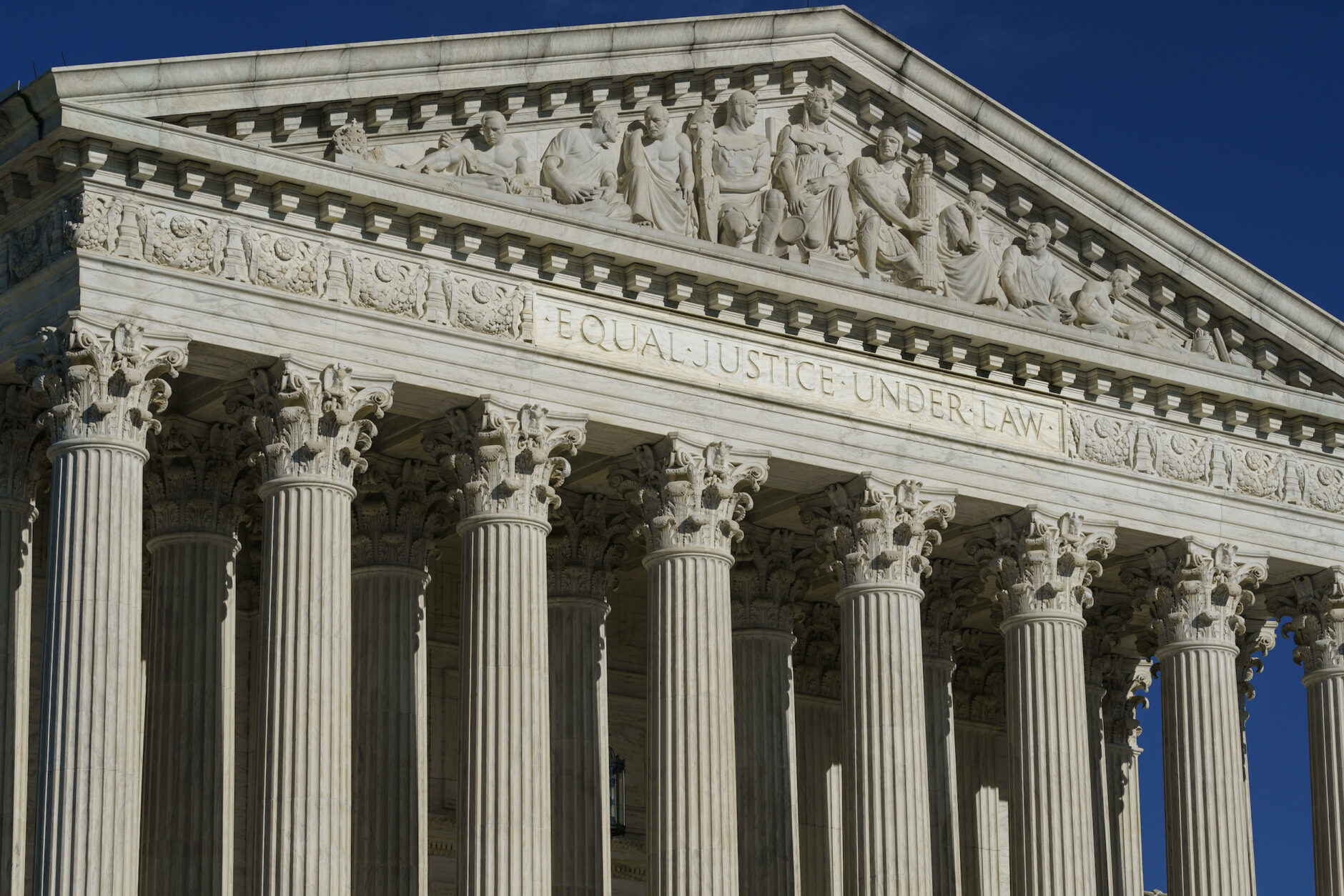In a blow to voting rights advocates, the justices blocked a lower court order that would have forced the state to redraw its congressional maps to be more friendly to Black voters.

WASHINGTON (CN) — In a 5-4 vote Monday evening, the Supreme Court reinstated a new Republican-friendly congressional map in Alabama that a lower court blocked for violating the Voting Rights Act and diluting the influence of Black voters.
Chief Justice John Roberts — who wrote his own opinion — joined the three liberals in dissent. Justice Elena Kagan also wrote a dissent joined by Justices Stephen Breyer and Sonia Sotomayor. Justice Brett Kavanaugh — joined by Justice Samuel Alito — wrote a concurring opinion.
“Accepting Alabama’s contentions would rewrite decades of this Court’s precedent about Section 2 of the VRA [Voting Rights Act],” Kagan wrote.
The Barack Obama appointee continued, “Staying its decision forced Black Alabamians to suffer what under that law is clear vote dilution.”
Kagan notes that Black Alabamians only have influence over 14% of congressional seats in the state despite making up 27% of the state’s population. She claims Alabama is putting a new requirement on the VRA without precedent and criticizes the majority for making this decision on the emergency docket.
“There may — or may not — be a basis for revising our VRA precedent in light of the modern districting technology that Alabama’s application highlights,” Kagan wrote. “But such a change can properly happen only after full briefing and argument — not based on the scanty review this Court gives matters on its shadow docket.”
Last month, Alabama asked the Supreme Court for an injunction to block a lower court’s ruling throwing out its new congressional map.
Following a redraw based on the 2020 census, the Alabama State Conference of the NAACP and the American Civil Liberties challenged the new map, claiming it violated the Constitution's equal protection clause and the Voting Rights Act. A three-judge panel agreed with the NAACP and the ACLU, throwing out the GOP-friendly map and forcing the state to redraw the districts to give Black voters more power in elections. The court’s order would force the state to add another district where Black majorities hold sway, likely giving Democrats another seat in the U.S. House of Representatives in November.
Roberts — whose dissent was much shorter than Kagan’s — explained his vote by saying the district court properly applied existing law in an “extensive” opinion that he found no errors in.
“The governing standard for vote dilution claims under section 2 of the Voting Rights Act is set forth in Thornburg v. Gingles…which requires ‘the minority group . . . to demonstrate that it is sufficiently large and geographically compact to constitute a majority in a single-member district,’” the George W. Bush appointee wrote. “The District Court reviewed the submissions of the plaintiffs’ experts and explained at length the factbound bases for its conclusion that the plaintiffs had made that showing.”
However, Roberts said Gingles has given rise to considerable disagreement and uncertainty with vote dilution claims. While he suggested the court should take up the matter next term, Roberts said he still wouldn’t grant a stay in this case and the current understanding of the precedent should be used in the upcoming election.

No comments:
Post a Comment